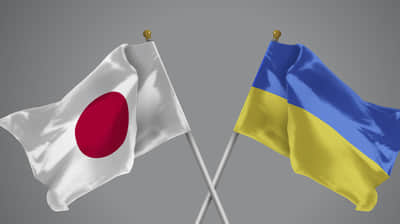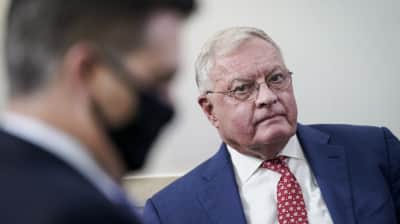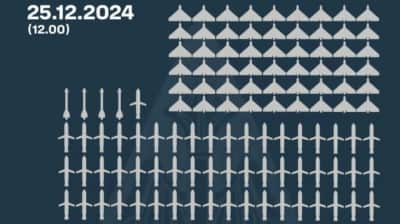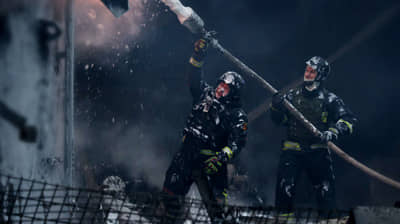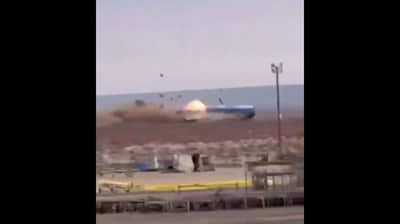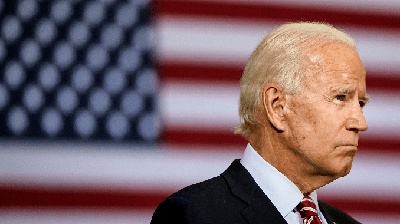Russo-Ukrainian war provides opportunities for US intelligence to recruit Russian spies
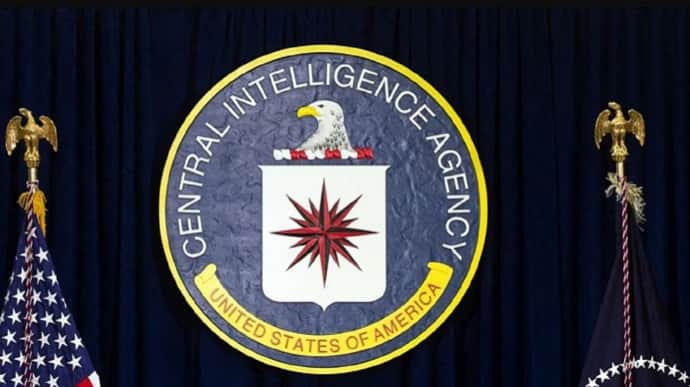
Russia's full-scale invasion of Ukraine has given US intelligence agencies a rare opportunity to recruit Kremlin insiders angry about the war.
Source: CNN
Details: The current recruitment operation is far from being a state secret. The CIA has posted videos in Russian on social media that appeal to the patriotism of Russians who have access to information that could be useful to the United States.
The videos contain step-by-step instructions for potential Russian informants on how to avoid detection by Russian services by using virtual private networks (VPNs) and the Tor web browser to communicate with the CIA anonymously and with encryption via the Dark Web.
"That business is the exchange of information that the asset or agent would provide for something that they want. We want people who have some sense of what [Russian] leaders’ priorities are – what they’re trying to accomplish," said David McCloskey, former CIA officer and author of the book Moscow X.
"Disaffection creates a once-in-a-generation opportunity for us. We’re very much open for business," said CIA Director Bill Burns last year during a speech in the United Kingdom.
Burns said on 19 April in a speech at Goodwin University in Connecticut that the CIA videos had been very productive. He said that it had made his Russian counterpart extremely angry, at least. Earlier, Kremlin spokesman Dmitry Peskov tried to ridicule the CIA video, pointing out that they should have posted it on VKontakte [Russian social media] instead of Twitter (X) if they wanted more Russians to see it.
The FBI has launched a similar effort to recruit Russian government sources in the US, including targeting social media ads to phones registered near the Russian Embassy in Washington.
"This direct appeal is an unusual approach, but one which could prove effective in reaching a Russian populace with few options to express their discontent. Russians angry with the Kremlin’s state-sanctioned corruption and abuse, with no way to act openly, are left with few alternatives other than finding external support," said Douglas London, a former CIA station chief posted abroad.
More than 30 years after the collapse of the Soviet Union, the world has returned to a period of great power conflict. In his latest book, chief national security analyst Jim Sciutto describes this as "a definitive break between the post-Cold War era and an entirely new and uncertain one."
"You have to know your enemy. If you don’t, you can scare your enemy into doing something that neither of you wants to see happen," said CNN presidential historian Tim Naftali.
Support UP or become our patron!
